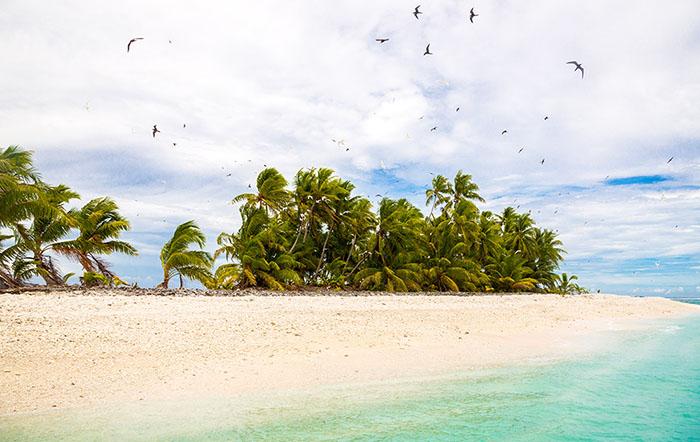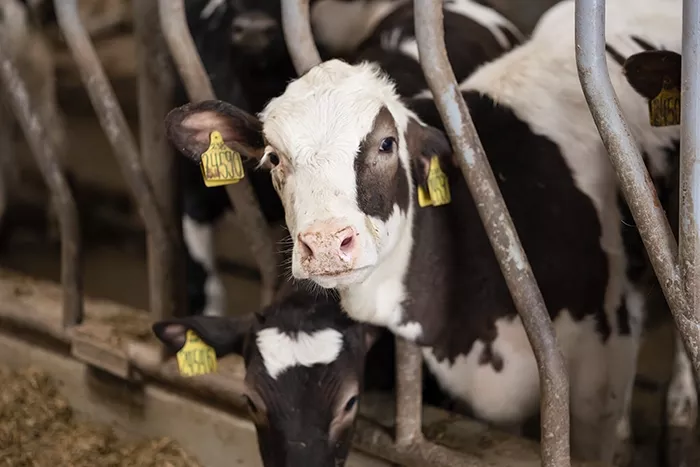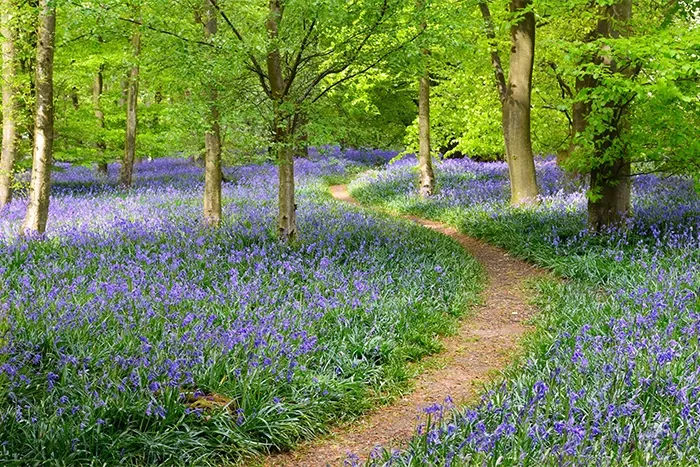The food industry will go to great lengths (and spend a fortune) to lobby policymakers, confuse the public and politicise scientific findings. When scientific evidence indicates the need to phase down environmentally harmful or unhealthy products, the responsible industry pushes back. In an article for The Conversation, Stephanie Walton, DPhil candidate in the School, explores how stranded assets may be motivating this resistance and examines the possible solutions.
News

SoGE MSc student Tabina Manzoor gives opening address at Right Here, Right Now climate summit
Tabina Manzoor, a Kashmiri student, researcher, and environmentalist currently pursuing an MSc in Water Science, Policy, and Management at SoGE, served as a student co-moderator at Oxford’s recently concluded Right Here Right Now Global Climate Summit, where she also gave an opening address at the Sheldonian Theatre.
Oxford University and Pearson launch online programmes in sustainable business and law
The Oxford Smith School has partnered with publishing group Pearson to launch two online programmes in January 2022.The programmes will allow a global audience to access the Smith School's world leading sustainability research and teaching.
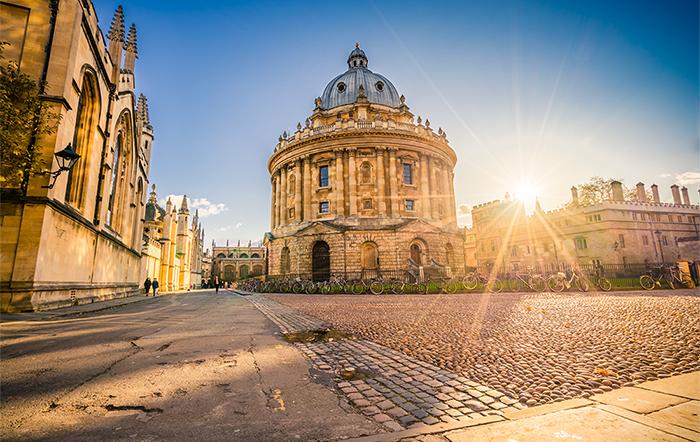
COP26: a letter to school strikers from 'the physicist behind net zero'
Professor Myles Allen, Professor of Geosystem Science and Director of Oxford Net Zero writes a letter to school strikers. Part of The Conversation's coverage on COP26.

Jamie Ward wins The RGS Transport Geography Research Group undergraduate dissertation prize
The Royal Geographical Society's Transport Geography Research group (TGRG) has named Jamie Ward as winner of the undergraduate dissertation prize for his dissertation: 'Assessing connectivity dispersal in the UK passenger aviation network 1998-2018.'

Dr Brendan Doody selected as recipient of 2021 Divisional Teaching Excellence Award
Dr Brendan Doody was selected as the recipient of a 2021 Divisional Teaching Excellence Award for Excellence in Supervision by the University of Oxford Social Sciences Divisional Board. The award recognises Dr Doody's outstanding contribution to teaching and doctoral supervision within the School of Geography and the Environment (SoGE), and the Division.
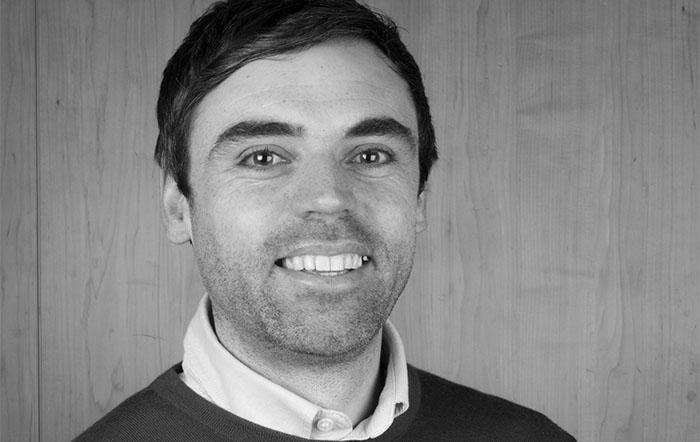
In memoriam: Douglas Boyes
The School of Geography and the Environment is very saddened to hear the tragic news that Douglas Boyes (MSc in BCM 2017-18) died on 26 September.
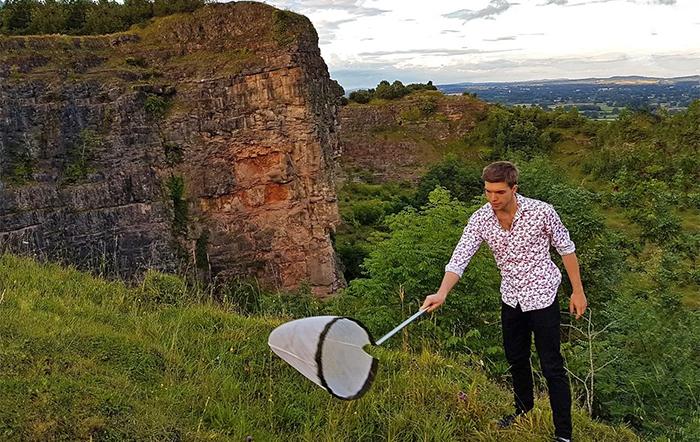
The natural world is critical to climate - Professor Yadvinder Malhi
The living world is not a sideshow in the climate debate. Our climate benefits from a healthy and flourishing biosphere, just as ecosystems and the diversity of living organisms depend on climate.
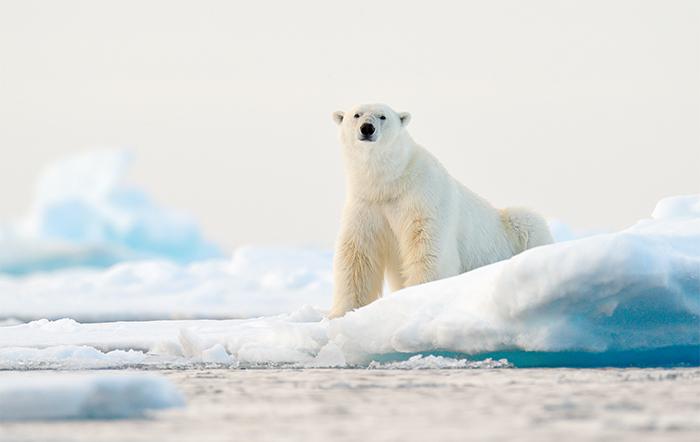
SoGE brings alumni together for series of events
In September, alumni from the University of Oxford's School of Geography and the Environment (SoGE) came together to reconnect at a number of events.
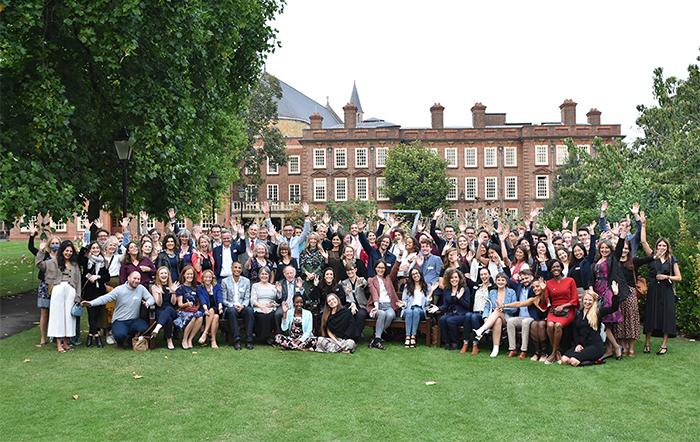
SoGE secures Athena Swan Silver
The University of Oxford's School of Geography and the Environment (SoGE) has been awarded Athena Swan Silver, recognising the department's commitment to advancing gender equality.

Professors Patricia Daley, Tim Schwanen and Dariusz Wójcik awarded Academy of Social Sciences Fellowships
Patricia Daley, Professor of the Human Geography of Africa, Tim Schwanen, Professor of Transport Geography and Director of the Transport Studies Unit (TSU), and Dariusz Wójcik, Professor of Economic Geography, have been awarded prestigious fellowships by the Academy of Social Sciences (AcSS), which recognise excellence and impact in the social sciences.
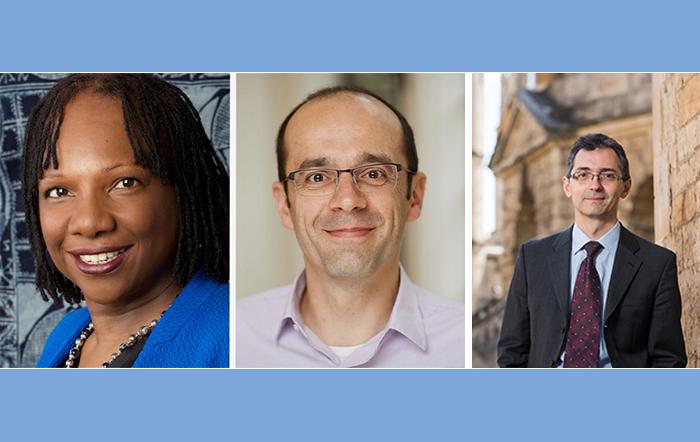
SoGE academics out in force at RGS/IBG conference
Researchers from across the University of Oxford's School of Geography and the Environment (SoGE) gave lectures and presented research as part of the Royal Geographical Society (with IBG) annual conference.
